Climate change and microfinance
How can microfinance help foster climate intelligent practices?
Financial inclusion is a crucial factor for climate mitigation and adaptation. Where people are marginalized from society and the economy, they will have to fight for existence on the fringe. And on the fringe, normally, the primary priority is survival and not climate intelligent practices. DFM members have good experiences how microfinance in terms of savings groups and microfinance institutions help including people into the economy. But how can financial inclusion at the same time foster climate intelligent practices? What roles could be played by NGO’s, research, business, and investors? DFM wishes to provide inspiration for sectors to work together, and advocacies to be undertaken to involve decision-makers.
DFM had in 2022-23 webinars on climate change adaptation and energy and agriculture, and in 2023 a conference on climate change adaptation and food security.
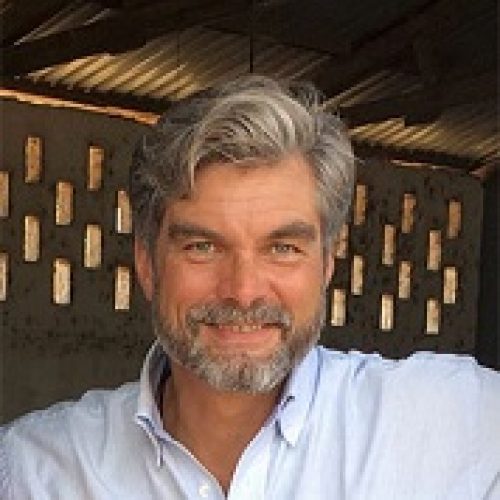
Karsten Solaas, partner:
Danida Green Business Partnerships (DGBP) supported Outgrowers, in collaboration with CareDanmark on cashew production in Tanzania through microfinance and the farmers’ own buying cooperatives. Link to presentation
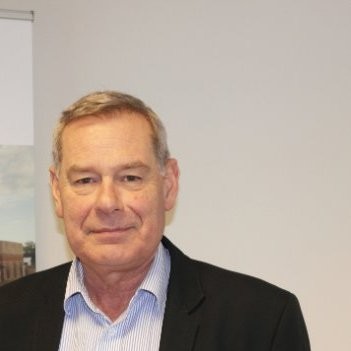
Henrik Anker-Ladefoged, Access2Innovations partner:

Søren Theilgaard, ADRA Denmark
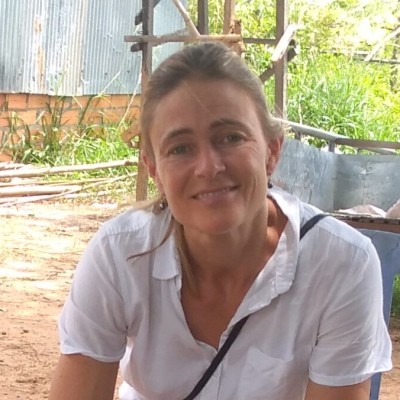
Karin Wied Thomsen, DanChurchAid (DCA)
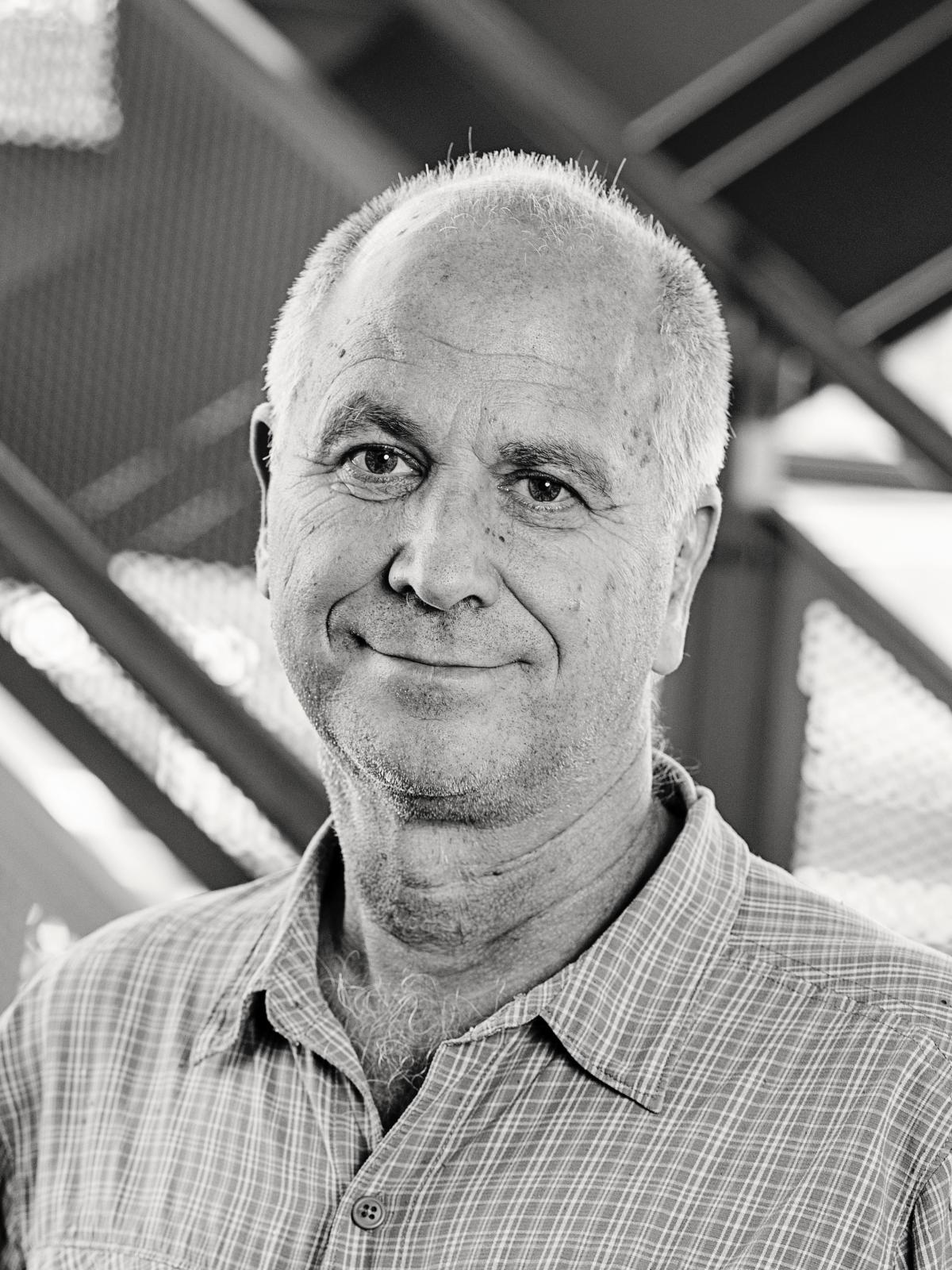
DIIS senior researcher Esbern Friis-Hansen:
Will take a localization perspective and reflect on the extent to which international and local NGOs and private sector can contribute to development in e.g. Eastern Africa, and how that can interact withlocal investments from e.g. Tanzanian middle class investors, and how that lead to impact. link to presentation

CBDS/CBS associate professor Søren Jeppesen:
On knowledge gaps and experiences from North Western India. Link to presentation
2022: Climate change adaptation, finance and energy.
Energy is a key area to bring down emissions, and also for securing a decent daily life. See presentations here from:
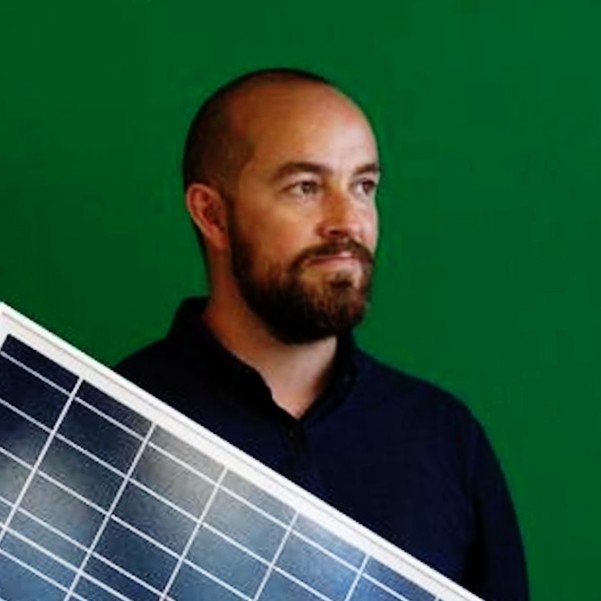
Asger Trier Bing, impact engineer, co-founder of M-PAYG:
Working to finance sustainable energy in East Africa. Link to presentation
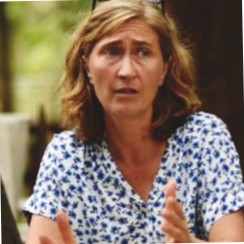
Catrine Shroff, anthropologist, CEO of Mwangaza Light:
Delivering fuel-saving stoves with Green Anglicans, Kenya. Link to presentation
2022: Climate change adaptation, finance and agriculture.
Agriculture is key to decent livelihoods and to climate adaptation. Hear about promising practices from:

Jes Colding, director, JKC Consult:
About so-called Chitumba Schemes in Malawi. Link to presentation
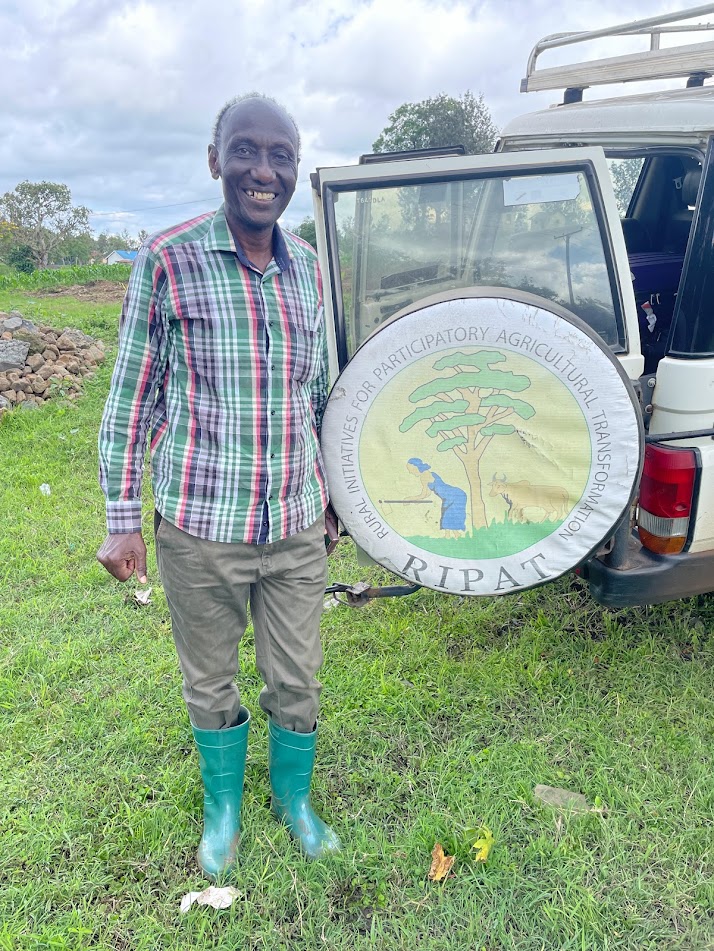
Founder of RECODA, Dr. Dominick Ringo:
About the Rural Integrated Participatory Agrocultural Transformation (RIPAT) method, which has proved sustainable particularly in Tanzania and in other East African countries. Link to presentation
